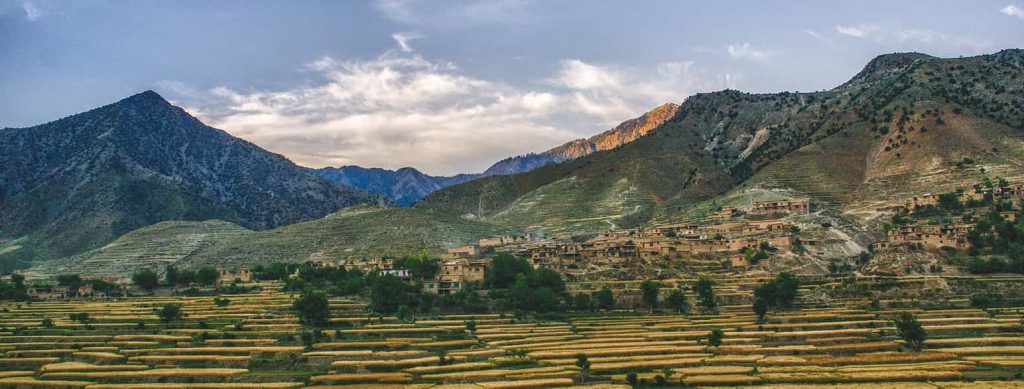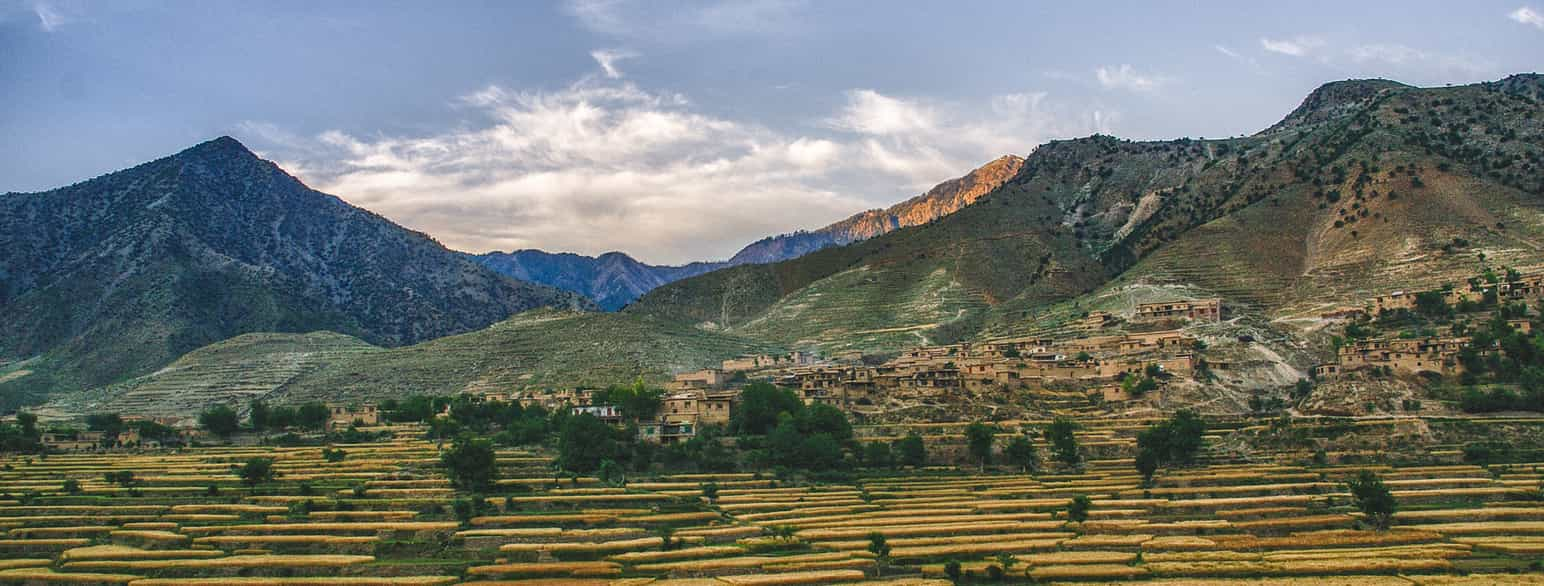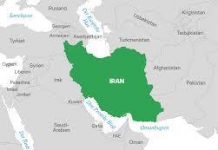
The unexpected collapse of the US-backed government of Afghanistan, which fell in a matter of days against US expectations of months, has cast a giant shadow on world events and has emerged as a military and foreign policy challenge to the Biden Administration, the biggest challenge faced by Washington since the Vietnam War.
The US failure was so deafening that Josep Borrell, EU’s High Representative for Foreign Affairs and Security called for an unscheduled meeting of the European Parliament committees on foreign affairs to prevent Russia and China from “taking control of the country and becoming sponsors of Kabul.”
The concern of the Western collective should be seen against interested players lining up along the Afghan border with offers more than just a military occupation and control through a puppet government.
Although Afghanistan is extremely rich in terms of minerals wealth, with thousands of tons of mineral deposits, including copper, iron, precious and semi-precious stones, coal, and even oil and gas. However, mining these resources are challenging since the country is in a near permanent state of war.
Soviet, British and American geologists have hinted that mining these resources could bring about some semblance of peace, stability and security. The basis of this economic model is that energy being the basis of state development.
If the Taliban shows political wisdom, and are open towards economic reforms, they could potentially pull out the country out of the Middle Ages.
India has been a welcome partner and has developed infrastructure in many provinces. In 2016, India, Afghanistan and Iran signed a trilateral agreement to modernize the Iranian port of Chahbehar, and Tehran built a direct railway line that reaches Afghanistan’s Herat province from Iran’s northwestern border.
New Delhi is ready to invest ten of billions of dollars in the construction of mines as well as a direct rail line to Chahbehar. It has already sunk in millions to this end. The project however was stopped due to the deteriorating security condition of the country.
India is also interested in investing in the northern province of Balkh, along the Amu Darya and the border with Uzbekistan and Tajikistan, where large reserves of hydrocarbons have been discovered.
According to the results of a US Geological Survey, the potential of the basin is 1.8 billion barrels of oil, 440 billion cubic meters of gas, and more than 560 thousand barrels of gas condensate.
For a country which consumes only five thousand barrels of oil a day, these reserves can mitigate its hunger for energy for decades to come.
China is also eyeing to tap these resources. In 2011, Beijing entered into an agreement with Kabul for the development of three oil fields, and in return undertook to build three refineries, which was done over the next three years.
China’s main interest is Afghanistan’s lithium reserves. According to a US Geological Survey data, Afghanistan has three trillion dollars worth of lithium reserves.
Just hours after the Taliban took control of Kabul, China’s Foreign Ministry spokesman Geng Shuang said, it is counting on “the most friendly cooperation with Afghanistan.” What is also noteworthy is that the Chinese Embassy in Kabul was not damaged and is now guarded by armed representatives of Taliban militants.
With Biden’s disorganized troop pullout, CNBC reported that not only lithium reserves but also precious minerals including neodymium, cerium, lanthanum, mercury and zinc, will now be tapped by Beijing. If China gains a foothold in Afghanistan, it will cement its near monopoly in the processing and use of rare earth metals.
Depending on who gains control over Afghanistan’s resources, its future of development is at stake.
If China gains control over the resources, it will not be surprising if Taliban militants join their Uyghur Muslim brothers.





